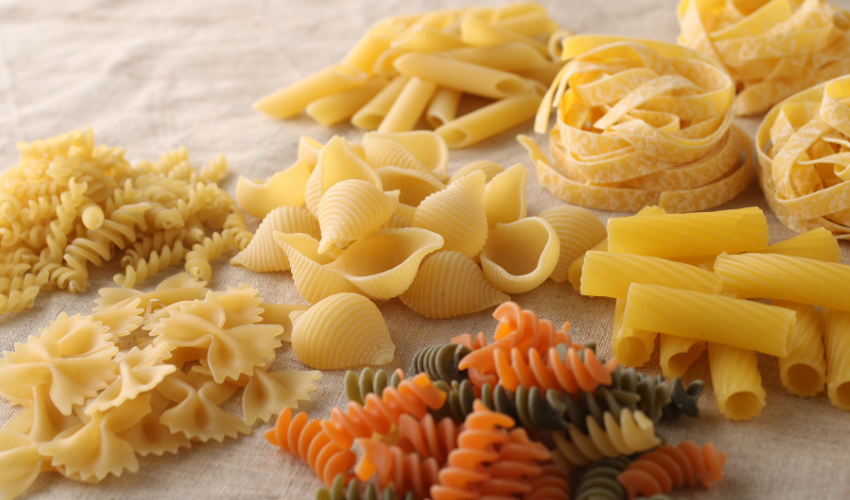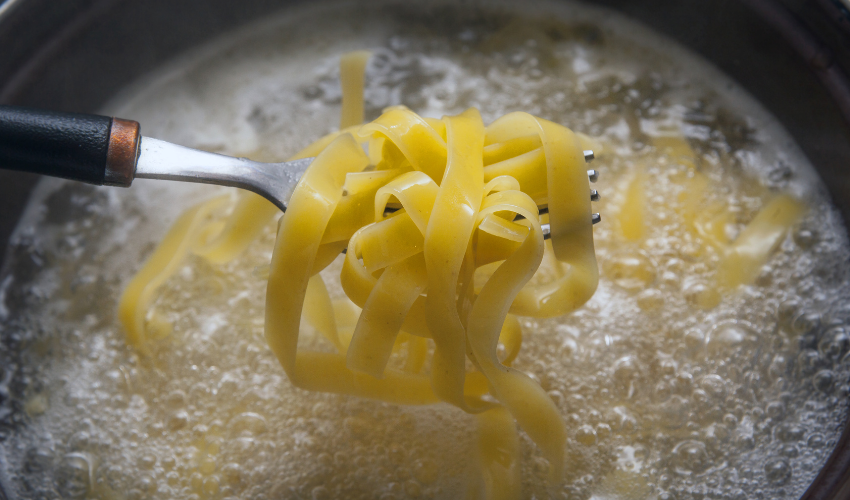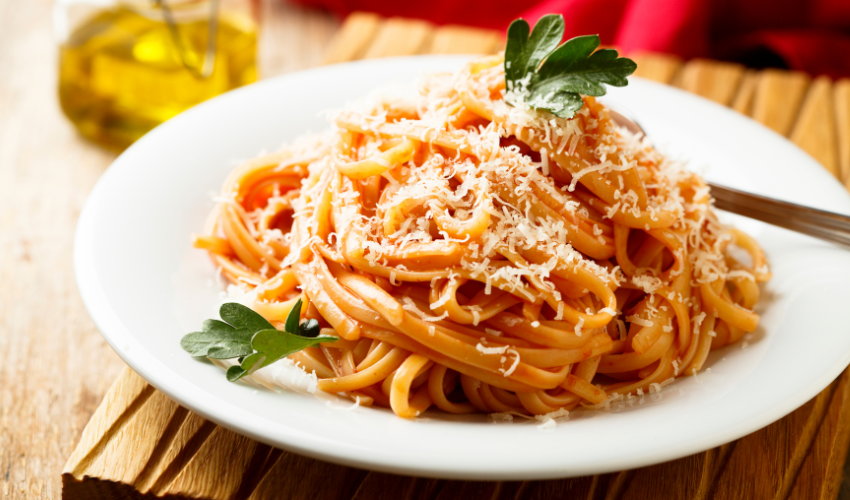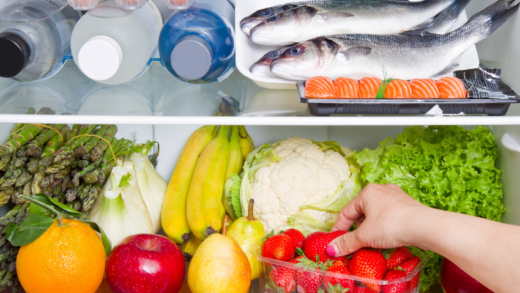Pasta is a staple food that is enjoyed by people all over the world. Whether you like pasta topping with a rich tomato sauce or a simple garlic and olive oil dressing, pasta is versatile and delicious. However, cooking perfect pasta can be a bit of a challenge. Overcooked, undercooked or sticky pasta can ruin a dish, no matter how good the sauce is. In this article, we’ll share with you our expert tips, tricks and techniques for cook perfect pasta every time.
Choosing the Right Pasta

The first step to cooking perfect pasta is choosing the right type of pasta. Here are some tips to keep in mind:
- Different types of pasta require different cooking times, so be sure to read the package instructions carefully.
- Look for high-quality pasta made from durum wheat semolina for best results.
- Consider the shape of the pasta – long and thin pasta like spaghetti requires a different cooking time than short, stubby pasta like penne.
How to Cook Perfect Pasta

Once you’ve chosen the right type of pasta, it’s time to start cooking. Here’s how to do it:
- Bring a large pot of salted water to a rolling boil. Use about 4-6 quarts of water per pound of pasta.
- Add the pasta and stir immediately to prevent it from sticking together.
- Cook the pasta according to the package instructions, but start checking for doneness a minute or two before the recommended cooking time. The pasta should be al dente – tender but still firm to the bite.
- Reserve some of the pasta water before draining it. This starchy water is useful for thinning out a sauce or creating a silky pasta coating.
Salt the Water
One crucial but often overlooked step in cooking pasta is salting the water. Here’s why it’s important:
- Salt adds flavor to the pasta itself, not just the sauce.
- Salted water can help prevent the pasta from sticking together.
- Salting the water properly helps to balance the flavors of the entire dish.
Avoid Overcooking
Overcooked pasta is mushy and unappetizing. Here’s how to avoid it:
- Set a timer and keep a close eye on the pasta while it cooks.
- Test the pasta for doneness by biting into it – it should be tender but still slightly firm in the center.
- As soon as the pasta is done, drain it and toss it with your sauce immediately.
Dressing Your Pasta

Now that you’ve cooked the perfect pasta, it’s time to dress it up. Here are some tips for getting the sauce just right:
- Use high-quality ingredients for the best flavor.
- Don’t drown the pasta in sauce – a little goes a long way.
- Toss the pasta with the sauce in a separate pan, rather than pouring the sauce over the pasta on your plate. This helps to ensure an even coating.
Experiment with Flavors
Pasta is a blank canvas that can be dressed up in countless ways. Here are some ideas to try:
- Add fresh herbs like basil, parsley or oregano to your sauce.
- Mix in some grated cheese like Parmesan or Pecorino Romano for extra flavor.
- Try different types of sauces, such as pesto, marinara or Alfredo.
Get the Texture Right to cook perfect pasta
The texture of the pasta is just as important as the flavor. Here’s how to get it right:
- Use some of the reserved pasta water to create a silky sauce that coats the pasta evenly.
- Don’t overcook the pasta – it should have a slight resistance when you bite into it.
- Toss the pasta with the sauce immediately after draining, while it’s still hot, to ensure that the sauce adheres well.
FAQs:
- Can I use cold water to boil pasta?
No, it’s important to start with hot, salted water when cooking pasta. Cold water can cause the pasta to stick together and result in uneven cooking. - How much salt should I use when boiling pasta?
A general rule of thumb is to use 1-2 tablespoons of salt per 4-6 quarts of water. This may vary depending on your personal taste. - How long does it take to cook pasta?
The cooking time can vary depending on the type of pasta and how you like it cooked. It’s important to follow the package instructions and start checking for doneness a minute or two before the recommended cooking time. - How do I prevent the pasta from sticking together?
Stir the pasta immediately after adding it to the pot of boiling water, and again a few times during cooking. Also, be sure to use enough water to prevent overcrowding in the pot. - Can I cook pasta in the microwave?
It’s not recommended to cook pasta in the microwave, as it can result in uneven cooking and a less than desirable texture.
Conclusion:
To cook perfect pasta is all about using the right techniques and paying attention to the details. By choosing the right type of pasta, salting the water properly, avoiding overcooking, and dressing the pasta with care, you can create a delicious and satisfying meal that everyone will love. Keep these tips and tricks in mind the next time you cook pasta, and you’re sure to impress your family and friends with your pasta prowess. Happy cooking!






















